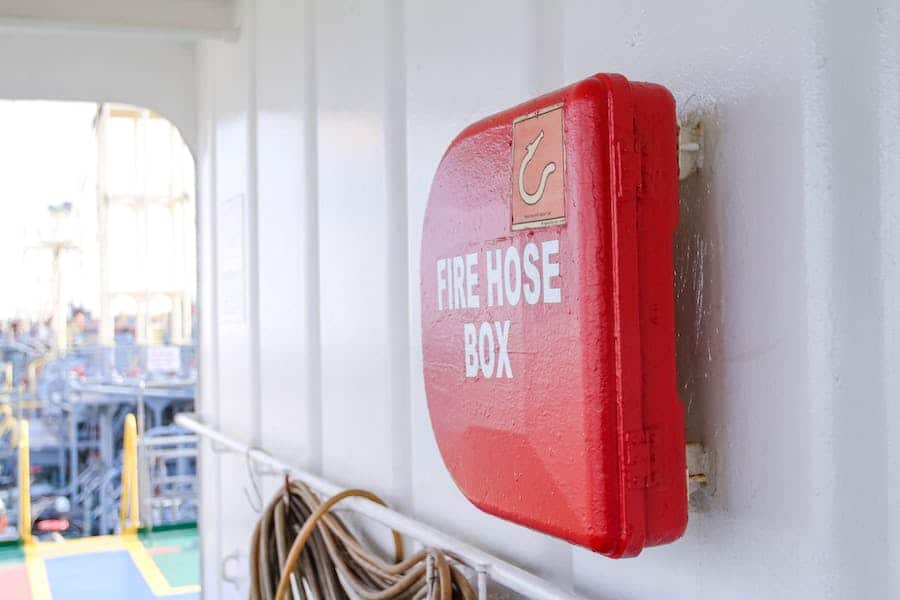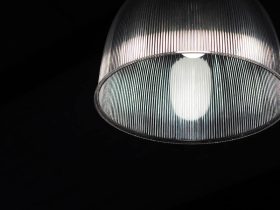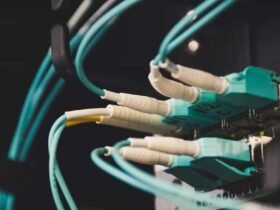Imagine this: you’re relaxing at home, and suddenly, your fire alarm shrieks without a hint of smoke or fire. This puzzling and often startling occurrence is a common experience for many. In this blog, we delve into the mysterious world of fire alarms. We’ll uncover the reasons behind these false alerts, from the mundane, like dust and spider webs interfering with sensors, to more technical issues like electrical malfunctions or aging batteries. Understanding these triggers is crucial, not just for peace of mind but also for ensuring the reliability of this essential safety device. Join us as we explore how to keep your fire alarm functioning correctly and avoid unnecessary panic.
Why Does Your Fire Alarm Randomly Go Off?
Your fire alarm might randomly go off due to dust, insects, or humidity affecting the sensors, low battery, electrical issues, or exposure to strong fumes. Regular cleaning and correct placement can help reduce these false alarms.
Common Reasons For Random Fire Alarm Activations
Random activations of fire alarms can be quite frustrating and disruptive. Here are some common reasons why they might occur:
- Dust And Debris In Smoke Detectors: Over time, dust, dirt, and other debris can accumulate in smoke detectors, leading to false alarms. Regular cleaning and maintenance are necessary to prevent this.
- Steam Or High Humidity: In areas like bathrooms or kitchens, steam from showers or cooking can sometimes be mistaken for smoke by detectors, especially if they are of the ionization type.
- Insects Or Small Animals: Insects crawling into detectors can set them off. Similarly, small animals like birds or rodents getting into alarm systems can cause false alarms.
- Electrical Issues: Faulty or old wiring, power surges, and other electrical problems can trigger alarms. Regular inspections can help identify and rectify these issues.
- Low Battery Or Faulty Sensors: In battery-operated alarms, a low battery can cause the alarm to chirp or sound off. Similarly, sensors in alarms can malfunction due to age or manufacturing defects.
- Cooking Smoke: Smoke from burnt food can easily trigger an alarm, especially if the kitchen isn’t well-ventilated or the detector is placed too close to the cooking area.
- Changes In Temperature: Sudden temperature changes can sometimes set off heat detectors, which are designed to detect rapid temperature rises.
- Testing Or Malfunctioning Of The System: Sometimes alarms go off during routine testing or due to a malfunction in the system’s components.
- Use Of Aerosol Sprays: Aerosol sprays, like air fresheners or hairsprays, when used near detectors, can cause false alarms.
- Vandalism Or Tampering: In public buildings or communal areas, intentional tampering or vandalism can lead to false alarms.
Regular maintenance and understanding the specific requirements and sensitivities of your fire alarm system can greatly reduce the occurrence of these random activations.
Tips For Preventing False Alarms
To prevent false alarms in your fire alarm system, you can follow these practical tips:
Regular Maintenance:
Conduct routine checks and maintenance of your alarm system. This includes cleaning dust and debris from smoke detectors, ensuring all components are functioning correctly, and replacing any faulty parts.
Proper Placement Of Detectors:
Install smoke detectors away from bathrooms, kitchens, and other areas prone to steam or smoke from normal activities. Also, avoid placing them near windows or air vents where drafts could affect their operation.
Use Appropriate Detectors:
Choose the right type of detector for each area. For instance, photoelectric detectors are less likely to be triggered by cooking smoke or steam, making them better suited for kitchens and bathrooms.
Check And Replace Batteries Regularly:
For battery-operated alarms, ensure the batteries are checked regularly and replaced as needed. A low battery can cause false alarms.
Educate Household Members Or Employees:
Ensure everyone understands the importance of not tampering with fire alarm systems and knows how to avoid activities that could trigger a false alarm.
Manage Air Quality:
Be mindful of using aerosol sprays, candles, incense, or other air quality-affecting items near detectors.
Ventilate During High Humidity Or Cooking:
Improve ventilation in areas of high humidity or when cooking to prevent steam or smoke from reaching the detectors.
Professional Installation And Inspection:
Have your alarm system professionally installed and inspected. This ensures that it complies with local regulations and is set up to minimize false alarms.
Update Old Systems:
Older alarm systems may be more prone to false alarms. Consider upgrading to a newer, more reliable system if yours is outdated.
Respond To Environmental Changes:
Be aware of how changes in the environment, such as construction work, seasonal changes, or infestations, might affect your alarm system and take appropriate measures.
By implementing these tips, you can significantly reduce the likelihood of false alarms, ensuring that your fire alarm system functions effectively and as intended.
The Role Of Different Types Of Fire Alarms
Ionization smoke detectors are ideal for detecting rapid, flaming fires with minimal smoke. They operate by sensing changes in ionized air particles, offering a swift response to certain types of fires, making them a crucial element in comprehensive fire detection systems.
Photoelectric smoke detectors are designed to detect smoldering fires that produce a significant amount of smoke. Utilizing a light sensor, they can identify smoke particles that interrupt a light beam, providing an early warning for these types of slower-burning fires.
Heat detectors, essential in areas where smoke detectors may trigger false alarms, activate when they detect a significant temperature rise. Available in two types – rate-of-rise and fixed-temperature – they are particularly useful in environments like kitchens.
Combination detectors, integrating both smoke and heat detection, offer versatile and comprehensive fire safety solutions. Their dual-sensing capability makes them suitable for a wide range of environments, ensuring a robust response to various types of fires.
In high-risk areas, flame detectors, and aspirating smoke detectors provide advanced fire detection. Flame detectors respond to specific flame wavelengths while aspirating detectors can detect smoke particles at early stages. Manual call points also ensure quick alarm activation by occupants.
Conclusion
Understanding why your fire alarm might randomly go off is key to maintaining a safe and peaceful home environment. Regular maintenance, correct placement, and awareness of the type of fire alarm you have are critical steps in minimizing false alarms. Remember, while false alarms can be annoying, a functioning fire alarm system is a vital component of home safety.
In this 1500-word article, we’ve covered the main reasons behind random fire alarm activations and provided practical tips for preventing them. By addressing these factors, you can ensure that your fire alarm serves its purpose as a life-saving device without causing unnecessary disruptions.
FAQ’s
What Is The Difference Between Ionization And Photoelectric Smoke Detectors?
Ionization smoke detectors are more responsive to flaming fires that produce less smoke. They work by detecting changes in ionized air particles. In contrast, photoelectric smoke detectors are better at detecting smoldering fires that emit more smoke, using a light sensor to detect smoke particles that disrupt a light beam within the detector.
How Often Should Fire Alarms Be Tested And Maintained?
Fire alarms should be tested regularly, ideally once a month, to ensure they are working correctly. Additionally, professional maintenance should be carried out at least once a year. This includes cleaning the detectors, checking batteries and power supplies, and ensuring all components function correctly.
Can Cooking Smoke Or Steam Set Off Fire Alarms?
Yes, cooking smoke or steam can trigger fire alarms, particularly if the alarm is an ionization type or is located too close to the cooking area. To prevent false alarms, it’s advisable to use photoelectric detectors near kitchens or to ensure proper ventilation during cooking.

























Leave a Reply